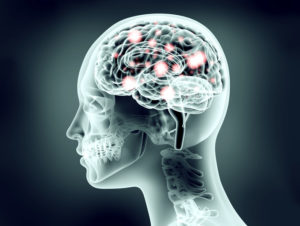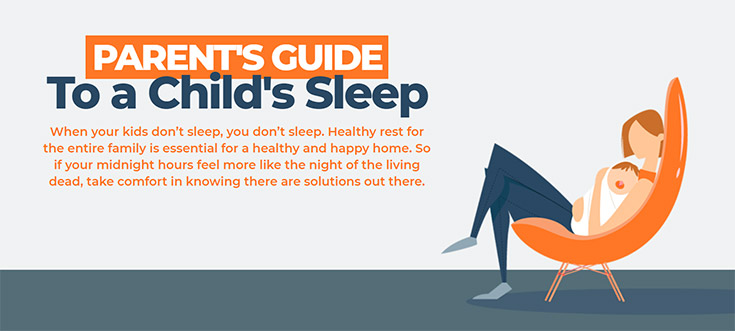 Doctors are warning parents about the hidden dangers of sleep apnea in their children.
Doctors are warning parents about the hidden dangers of sleep apnea in their children.
Sleep apnea is a disease that is prevalent in as many as 18 million Americans, but it is usually associated with people who smoke, snore, or have weight problems. It is caused when an obstruction in the airway stops people from breathing in their sleep, and the most classic symptom is heavy snoring.
There are a lot of health risks associated with sleep apnea besides lack of sleep. During an average night’s sleep, a sufferer of obstructive sleep apnea may experience up to 60 apneas per hour — meaning they completely stop breathing 60 times during the night. And since the person is asleep when it is happening, many people are never diagnosed. This is exactly why doctors say it is so important for parents to pay attention to their child when they’re sleeping. Read this Parent’s Guide to A Child’s Sleep.
Dr. Sydney Butts, an ear nose, and throat doctor in New York City, explains to ABC News that many parents are under the impression sleep apnea only happens to adults. However, Butts explains that children can be prone to both central and obstructive sleep apnea, and it is imperative for parents to be on high alert every night at bedtime.
Dr. Butts also says that sleep apnea is one of the most common reasons a child would need their tonsils or adenoids removed. But she also cautions that there are more symptoms of sleep apnea in children than snoring, including trouble focusing at school, constant irritability, depression, or even bed wedding.
There’s also a new study that links the attention disorder ADHD to sleep apnea. According to the European College of Neuropsychopharmacology, those with Attention Deficit/Hyperactivity Disorder suffer from lower levels of sleep. New data even shows that some children are misdiagnosed with ADHD when they really have sleep apnea.
In the study, the researchers looked at subject’s circadian rhythms, which is the natural cycle of how a person sleeps and wakes. They found that subjects with ADHD had higher levels of the sleep hormone melatonin, which means that they were falling asleep later and waking up earlier.
This study wasn’t the first to be completed relating sleep apnea in children and its effects on ADHD, or vice versa. The Albert Einstein College of Medicine in New York City completed a study in 2012 that found those who snored and suffered from sleep apnea had a 40% to 100% chance of developing ADHD before the age of 7.
With these findings in mind, scientists and doctors are hoping to change the way ADHD is diagnosed and treated. Nowadays, the common treatment for ADHD is a stimulant that lasts for 12 hours. These medications can cause children to stay up later than normal hours, making them go to sleep later, which just causes a never-ending circle of hyperactivity and sleepiness.
Doctors are hopeful that this can lead to changes for many children with chronic sleep issues. Currently, one in every 10 children across the nation between 4 and 17-years-old have been diagnosed with ADHD, but with these studies in mind, that might just change.






Leave a Reply